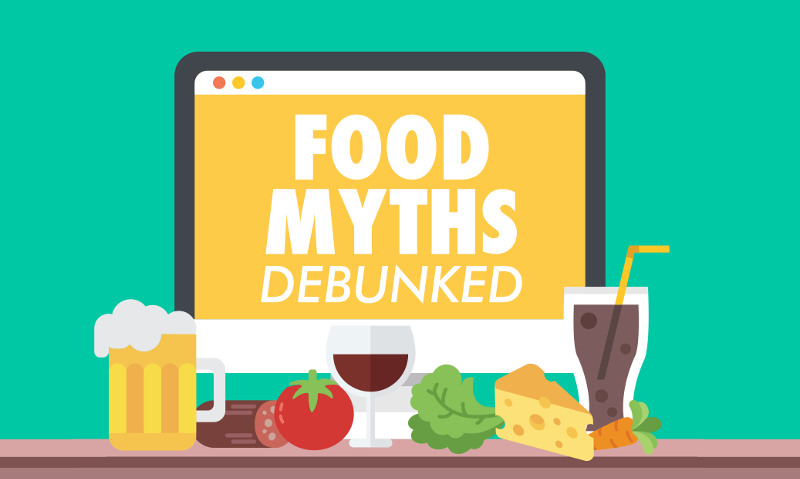Ben Coomber: High or Low-Carb Diets for Fat Loss?
Share
Which are worse for you, fats or carbs? It’s a misleading question, writes Ben Coomber…
It’s fair to say that the debate about which is worse, carbohydrates or fats, has been one of the most hotly contested in the last 50 years. Of course, the question has never really been framed like that; rather there was a period of time where carbohydrates were considered ‘fattening’, then there was the low-fat period involving fat-free everything and super-high carbohydrate diets, and then the pendulum swung back to carbs.
So, which is the worst? The question suggests an underlying assumption that one of them must be bad, which is not the case. There is actually no evidence that fat or carb intake alone leads to weight gain, heart problems or diabetes. Instead, these things need to be combined with other factors, such as overeating calories, before a problem is even partially evident.
Yep, the answer lies in a complex web of different factors including individual food choices, other lifestyle choices (such as exercise), genetics and other things like stress levels, and even how well you sleep.
Why do all of these things matter? There are a lot of reasons, but when we look at obesity and ill health from the perspective of nutrition we see that food choice, lifestyle choices, genetics and all of the other factors play in to two very distinct things:
1 – ENERGY BALANCE
2 – NUTRIENT SUFFICIENCY
ENERGY BALANCE
Calories in compared to calories burned at rest, plus calories burned while exercising, plus calories burned while fidgeting, plus calories burned during the digestion of food is THE ONLY thing that governs whether or not you gain or lose weight. Sure, if we want to be particular about it, we can also include water in that equation, but you get my point. We need to eat in a manner that helps us to achieve a healthy weight, and that involves choosing foods that fill us up, foods that provide dependable energy and foods in appropriate portions. We then need to make sure we are active or, at worst, not sedentary. We also need to pay attention to our daily stress and sleep levels – both of these things can alter our hunger. To be clear, 70-80% of the difference that nutrition can make to your health is due to its impact upon your weight.
NUTRIENT SUFFICIENCY
This is achieved by eating a well-balanced diet containing protein, carbohydrate, fat and a wide array of colourful vegetables and fruits. Protein should be an important part of each meal (even if you’re not bothered about looking like Arnold!) but after that some people may prefer more carbohydrate, others more fat. So long as you are eating 80-90% whole, unprocessed foods in line with your calorie needs, it doesn’t matter all that much for either health or body composition which way you go, just as long as you avoid the extremes.
And as a final point on eating whole foods – that doesn’t mean you need to minimise or even think about sugar – sugar intake will go down as a side effect of consuming a whole-foods diet, but it’s not the primary concern. If you worry about sugar you start worrying about fruit, sweet potatoes and plain yoghurt, and that misses the point entirely. Forget sugar, think about the diet as a whole. Opt for unprocessed foods in a calorie-appropriate manner and you can’t go too far wrong.
Ben Coomber is a performance nutritionist (BSc, ISSN), educator, speaker and writer. He has the UK’s #1 rated health and fitness podcast on iTunes ‘Ben Coomber Radio’ with regular Q&A’s and expert interviews. He also runs Body Type Nutrition and owns Awesome Supplements. Connect with Ben
over on Facebook, Twitter, YouTube, or Instagram.

















FOLLOW BESTFIT